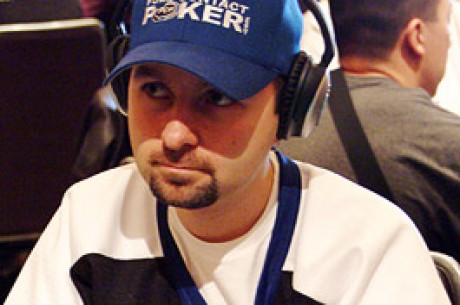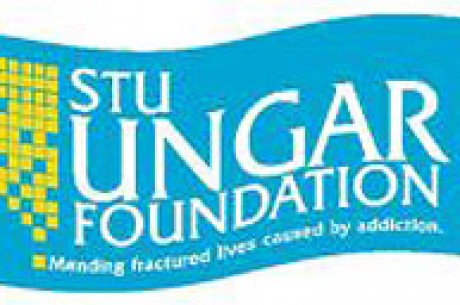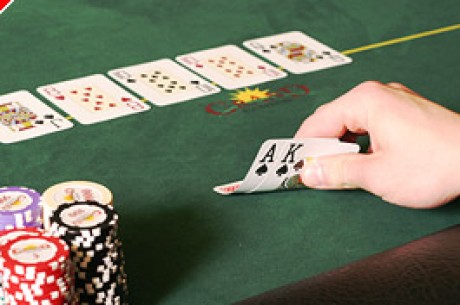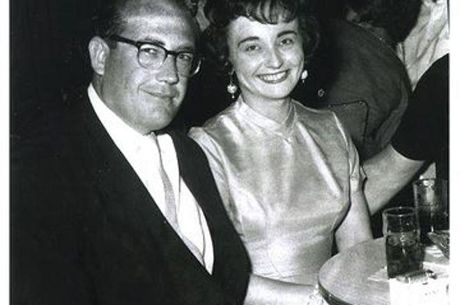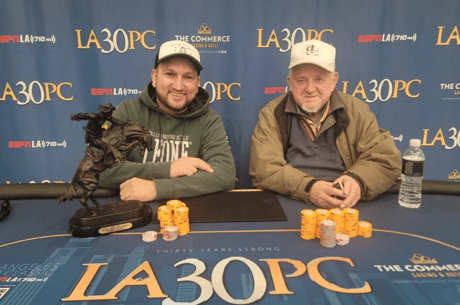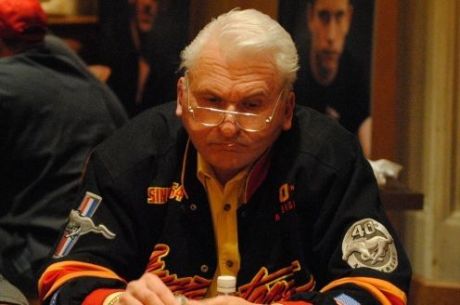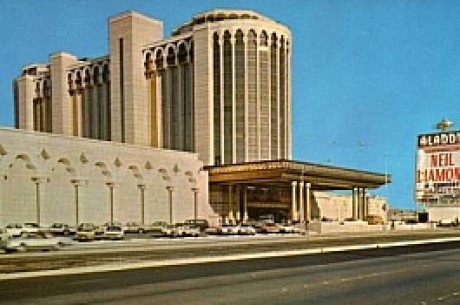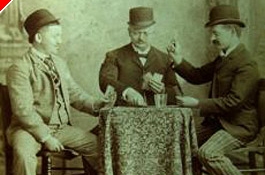The History of Poker – Poker's First Legend – 'Wild Bill' Hickok
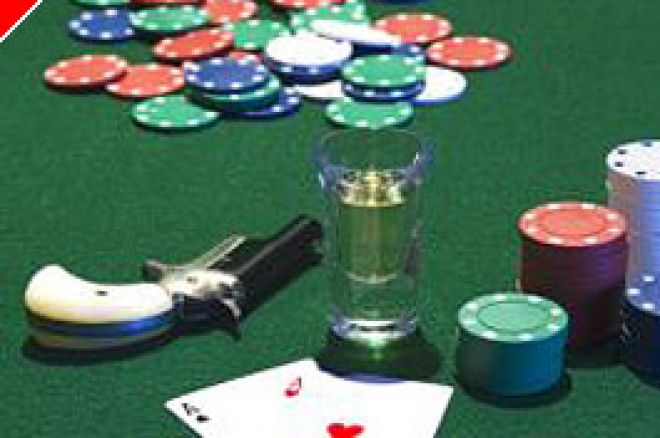
Wild Bill Hickok was far more than a poker player, even though many today remember him as the man who originated the famous 'Dead Man's Hand' consisting of Aces and Eights - all black cards.
Wild Bill Hickok was born on May 27, 1837, in the small farming town of Troy Grove, Illinois. He was named James Butler Hickok and only much later in life acquired the nickname "Wild Bill" due to his expertise and fierceness as a gunfighter which began in 1865 when he killed David Tutt. This is where his reputation began as a gunfighter and gambler---the reason for the dispute with David Tutt — poker.
He worked on his father's farm until 1855, when he turned 18. His first job was that of a stage coach driver on the Oregon Santa Fe stage lines. Two years later, in 1857, perhaps envisioning an early retirement, he homesteaded 160 acres of land in Kansas. Whatever thoughts he might have had about settling down ended when he was appointed as a Kansas lawman.
By 1861 his lawman career had placed him in Nebraska. There he first gained fame by capturing an infamous gang of outlaws by himself. His fierceness during this gun battle, and the many that followed, is believed to have earned him the nickname "Wild Bill". The name "Wild Bill" was later to endear him to the public through a series of books by George Ward Nichols, a journalist who followed him around for a time and wrote adventure books based upon his exploits. Much of the writing may have had little basis in fact; nevertheless, it made Wild Bill Hickok into a legend, not only during his life time, but a legend that so far has lasted well over a century and has also given him a place in history as a poker legend.
In 1871 Wild Bill Hickok became Marshal of Abilene. He was paid a monthly salary of $150, a good salary at the time, plus a percentage on fines and fifty cents for every unlicensed dog he shot. He was dismissed from his position for spending most of his time gambling and not taking his job seriously. It seemed like a good time to change careers so he joined Buffalo Bill Cody's Wild West Show in 1872 and 1873 where he teamed up with Calamity Jane and John Wesley Hardin in Deadwood, Dakota.
Due to his heavy drinking, Buffalo Bill was later forced to fire Wild Bill. Deadwood has since become a popular HBO series with Keith Carradine portraying Wild Bill Hickok. There is much dispute about which card he held in addition to his two pair. This is just one of many TV series and shows about him portraying that scene. In the Deadwood series, they show Hickok holding a 9 of Diamonds as his fifth card along with a pair of aces and a pair of eights when he was shot. In the town of Deadwood, South Dakota, they too display Hickok holding the 9 of Diamonds. In Ken Kesey's novel, "One Flew Over the Cuckoo's Nest," McMurphy has a "Dead Man's Hand" tattoo. In fact, the fifth card is unknown, which could have been, as some sources claim, due to Wild Bill meeting his demise before the fifth card had been dealt or possibly after he discarded a card and had not yet received another card in its place. So the legend and confusion continues.
In the many articles about his death, all agree that he was playing poker at Nuttall & Mann's Saloon in Deadwood on August 2, 1876, which was then part of the Dakota Territory on Indian land. Unfortunately, there were no empty seats in the corner against the wall, where he consistently sat to protect himself against sneak attacks from behind, but this time, eager to play, he chose to sit with his back to the door. This was a grave mistake for him because Jack McCall came in the back and shot him in the head with a double action .45 caliber revolver. Hickok had supposedly killed McCall's brother. During his trial, McCall claimed he was avenging his brother's earlier death; hence, he was subsequently found not guilty by a jury in Deadwood.
It didn't end there though. Jack McCall was arrested again where he was later drinking at a bar in another town and was overheard bragging about killing Wild Bill Hickok. A new trial was held because it was not considered to be Double Jeopardy as Deadwood, at the time, was illegally settled on Indian territory thus it was not considered a legal town. Yankton, in South Dakota, was settled in American territory so a new trial was held in Yankton. During the second trial, it was learned that McCall did not have a brother at all. He was quickly found guilty and hanged for shooting Wild Bill Hickok. Although many contradicting articles have been written over the reason for his death, it was rumored that McCall, in a drunken state, may have become enraged over what he considered to be a condescending offer when Hickok offered him a few dollars to purchase breakfast after he lost all his money playing poker the previous day.
The saloon proprietor claimed, that at the time of his death, Hickok held a pair of Aces and a pair of Eights, all black cards. Since then the term "Dead Man's Hand," was created. Wild Bill Hickok holding a great hand must have felt triumphant at the time, but that feeling of victory was to be short lived.
Ed note: Your victory will not be short lived when you play at Party Poker.

